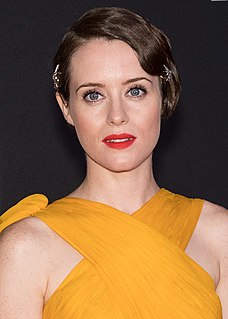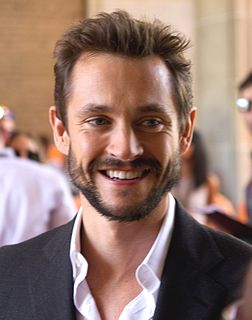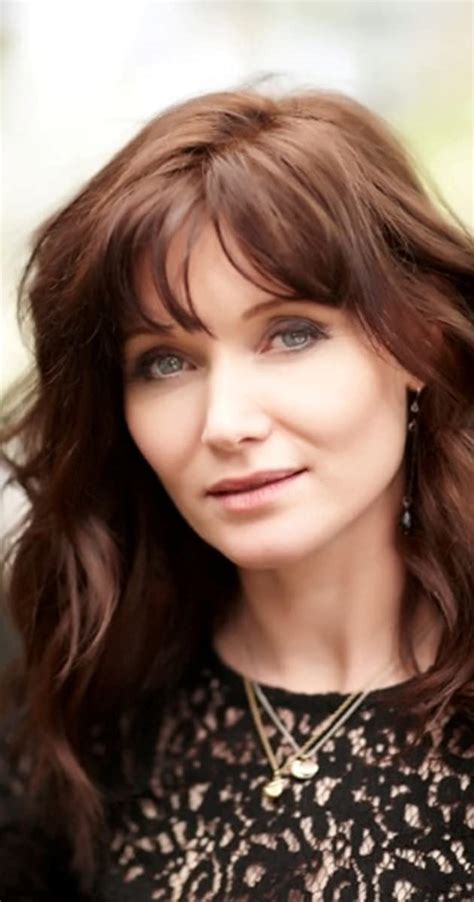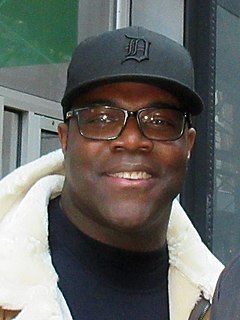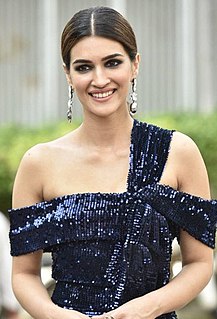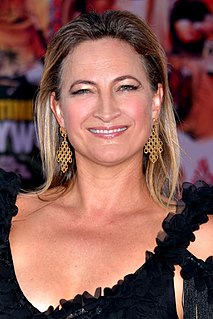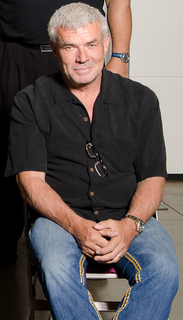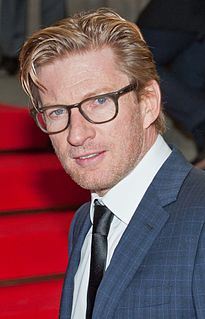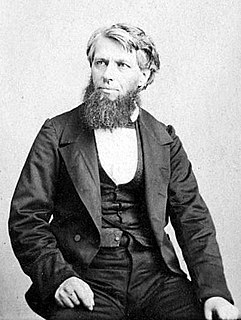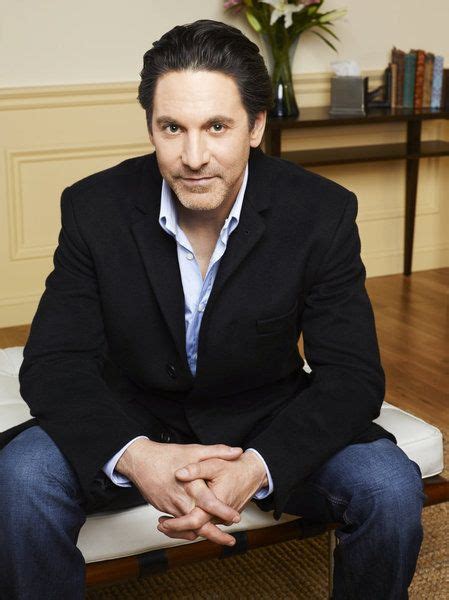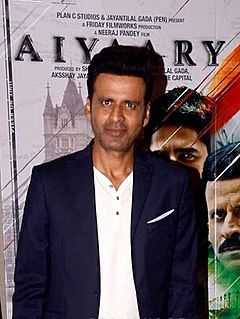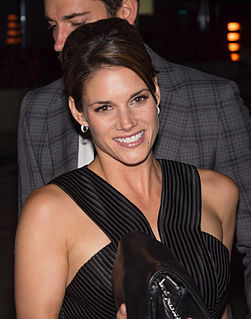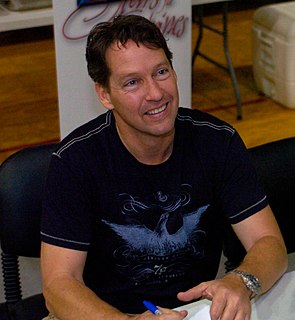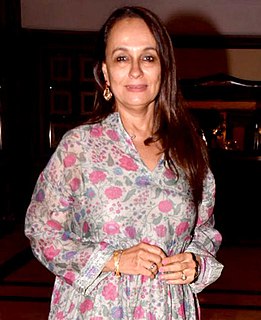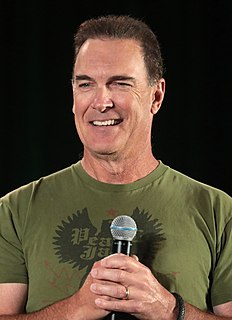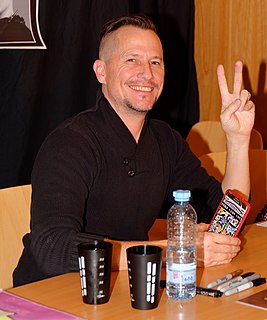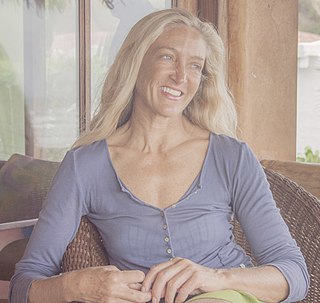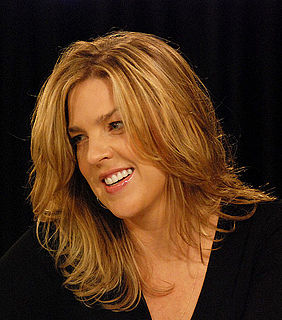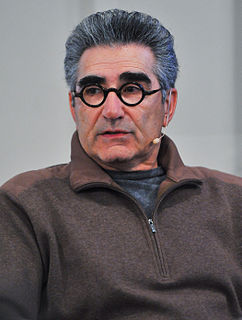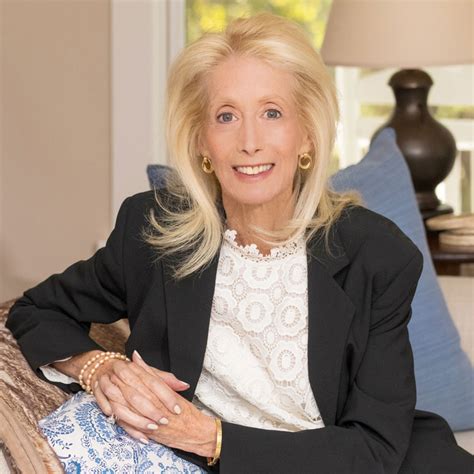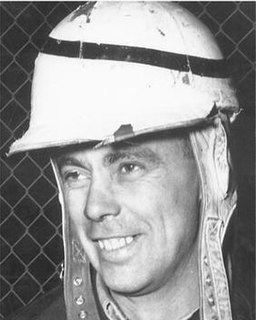Top 1200 Personality And Character Quotes & Sayings - Page 19
Explore popular Personality And Character quotes.
Last updated on December 19, 2024.
What drew me to Batman in the first place was Bruce Wayne's story, and that he's a real character whose story begins in childhood. He's not a fully formed character like James Bond, so what we're doing is following the journey of this guy from a child who goes through this horrible experience of becoming this extraordinary character. That, for me, became a three-part story. And obviously the third part becomes the ending of the guy's story.
Man is concentric: you have to take fold after fold off of him before you get to the centre of his personality. You must get below his animal nature, habits, customs, affections, daily life, and sometimes go away down into the heart of the man, before you know what is really in him. But when you get into the last core of these concentric rings of personality you find a sense of the infinite-a consciousness of immortality linked to something higher and better.
The Shadow is a moral problem that challenges the whole ego-personality, for no one can become conscious of the shadow without considerable moral effort. To become conscious of it involves recognizing the dark aspects of the personality as present and real. This act is the essential condition for any kind of self-knowledge, and it therefore, as a rule, meets with considerable resistance. Indeed, self-knowledge as a psychotherapuetic measure frequently requires much painstaking work extending over a long period of time.
People are not afraid of death, they are afraid of losing their separation, they are afraid of losing their ego. Once you start feeling separate from existence the fear of death arises because then death seems to be dangerous. You will no longer be separate; what will happen to your ego, your personality? And you have cultivated the personality with such care, with such great effort; you have polished it your whole life, and death will come and destroy it
There have been times I thought that when I got a certain point in the story, a certain character was going to do a certain thing, only to get to that point and have the character make clear that he or she doesn't want to do that at all. That long phone conversation I thought the character was going to have? He hangs up the phone before the other person answers, and twenty pages of dialog I had half written in my head go out the window.
A man's character is like his house. If he tears boards off his house and burns them to keep himself warm and comfortable, his house soon becomes a ruin. If he tells lies to be able to do the things he shouldn't do but wants to, his character will soon become a ruin. A man with a ruined character is a shame on the face of the earth.
I must say Steven Spielberg was great to me, and I loved working with him. He called me up on the phone and was like, "I want you to be in this movie - 1941. There are a couple of parts. You can take whichever one you want. One of them is a main character who is involved in everything, and there's another character who has his own storyline and goes off on his own. He's probably the funnier, more unique character." I said, "Well let me do that second one."
The character truest to itself becomes eccentric rather than immovably centered, as Emerson defined the noble character of the hero. At the edge, the certainty of borders gives way. We are more subject to invasions, less able to mobilize defenses, less sure of who we really are, even as we may be perceived by others as a person of character. The dislocation of self from center to indefinite edge merges us more with the world, so that we can feel blest by everything.








